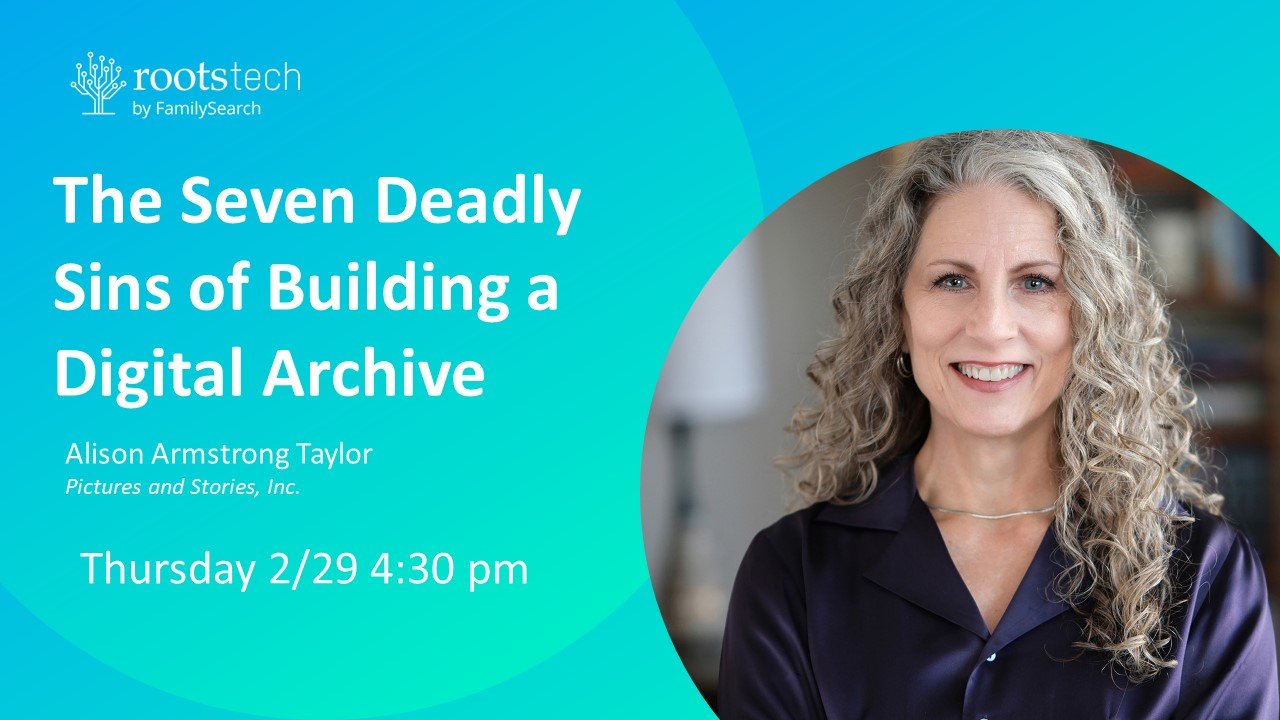Writing a memoir or autobiography is a daunting, overwhelming task, one that requires hours/days/years of uninterrupted time. Not to mention a degree in English. And a trust fund so you can quit your day job.
Wait, but...NO!.
It doesn't have to be that way. Writing a story can be really quite simple, like washing your hair. Three simple steps: Lather, rinse, repeat.
We humans try to make things so much harder than they really are sometimes. Let me make it easy for you.
Step one: Pick a story, any story.
The key to step one is to just write one story at a time. Don't try to write in chronological order. Pick an event from your life timeline, or just any episode from your memory that you can recall vividly.
Jot down a few notes about that memory. They don't have to be comprehensive or even coherent, except to you. What interesting details do you remember? Sights, sounds, smells? How did you feel? Did you learn something, or did it change you in some way? What is the beginning of the story, and how does it end?
Step two: Tell what happened in your own voice and style.
Just be yourself. Don't try to be a "writer." (In fact, you can skip the writing part altogether and just tell the story into a recorder, and transcribe it later). Just write what happened. Include a few details and how you felt about it. Write a few paragraphs or a few pages, but it doesn't have to be long. Just long enough to tell the story from beginning to end. Then don't edit or obsess over it; just move on to step three.
Step three: Repeat.
Pick another memory and do it again.
Author and writing instructor William Zinsser put this part of the process so beautifully that I will just quote him:
“Go to your desk on Monday morning and write about some event that’s still vivid in your memory.... Put that episode in a folder and get on with your life. On Tuesday morning, do the same thing. Tuesday’s episode doesn’t have to be related to Monday’s episode. Take whatever memory comes calling; your subconscious mind, having been put to work, will start delivering your past.
Keep this up for two months, or three months, or six months.... Then, one day, take all your entries out of their folder and spread them on the floor... Read them through and see what they tell you and what patterns emerge. ...
Then all you have to do is put the pieces together.”
But How do I Know if It's a Story?
Last weekend while at a family history conference, a woman brought some of her writing to me for advice. She was worried that what she had written wasn't really a "story," because she wasn't really a "writer."
I asked her to tell me about one event from her life, and how she felt about it.
"I'm not an emotional person," she said; "so I don't know how I felt about it.
"That's okay," I said, "just tell me about it."
She described a job interview she had in a small town, just after graduating from college. Although she had described it as "not really a story, just something that happened," what she related to me had all the elements of a good story.
The job interview, in a tiny town she had never heard of, turned out to be a pivotal point in her life. She got the job, despite being shy and inexperienced. She described how little confidence she had felt going into the interview, how surprised she was when they hired her, and how nervous she felt as she began teaching. She grew to love this little town, where she eventually met her husband, and lived there for many years.
I had to convince her that this was indeed a story, and a good and interesting one. It had a beginning (trying to find this small town on a map) and an ending (happily ever after with the husband of her dreams). It had interesting detail (how the town looked) and universal emotion (shy and insecure, surprised to find herself hired, nervous). It even had a turning point that changed her life and put her on a different trajectory.
That, my friends, is a story. So don't think that just because you're not a "writer," what you write isn't a story. Just write what happened and let it be what it is.
Then do it again, and keep doing it! You'll have a first draft before you know it.



